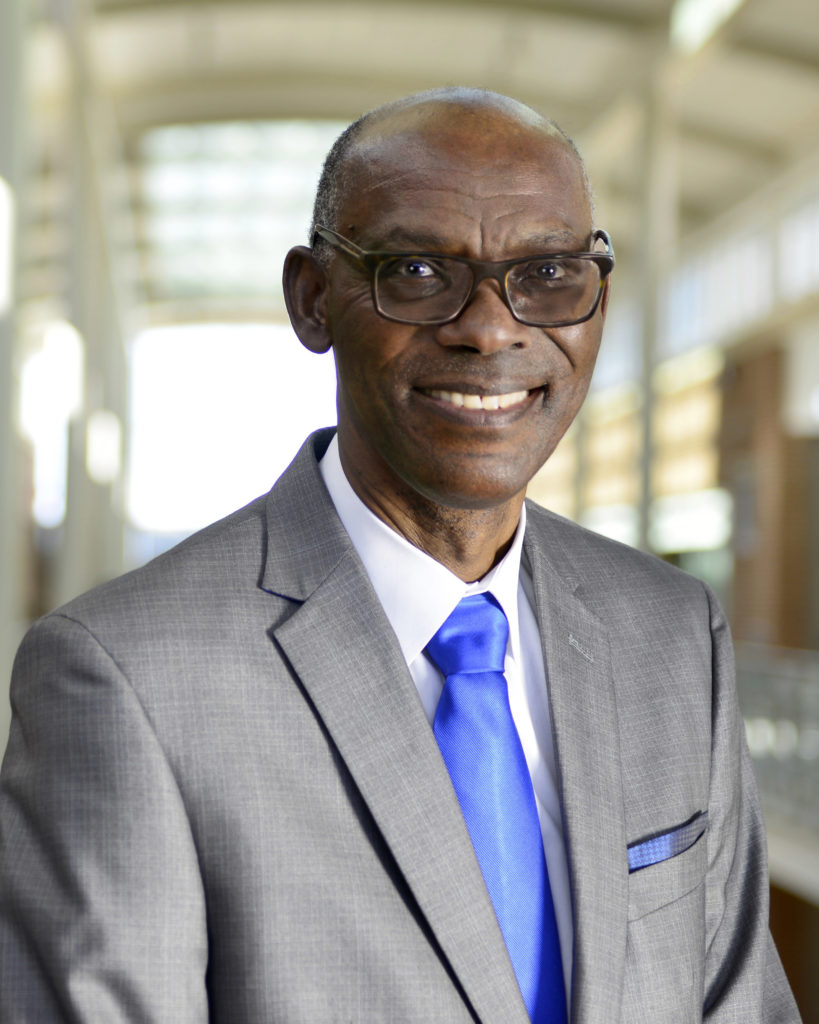The University of Maryland Eastern Shore will host students from the Lower Shore and Delaware as part of an initiative focusing on careers in transportation and STEM fields.
The experience is part of UMES’s Summer Transportation Institute, which will spread over five weeks, starting June 12 with a weeklong program for Maryland middle school students. A four-week program for high schoolers from Western Sussex County runs from June 19 to July 14.
“The idea is to further the concept of highways and transportation,” said program director Dr. Joseph Arumala, who is a professor of technology at UMES. “We want to get middle and high school students in the immediate area interested in it and make them aware of what the transportation industry is all about.”

The mission of the program, an initiative of the U.S. Department of Transportation’s Federal Highway Administration (FHWA), is to increase awareness to students in both middle and high school on transportation careers while encouraging them to consider transportation-related courses of study in their higher education pursuits.
UMES’s program adds another wrinkle as it also looks to stimulate interest in STEM careers in addition to the wide variety of jobs in the field of transportation.
Funding for the Lower Shore program comes from the FHWA and the Maryland Department of Transportation, while the FHWA and Delaware Department of Transportation funds the Western Sussex program.
The Summer Transportation Institute’s activities will cover three general categories – academics, enhancement, and sports recreation.
As part of the academic program, students will learn about the land, air, and water transportation systems which feature instruction about highway road construction, surveying, bridges and flight simulation demonstrations, as well as field trips to airports and museums to get a better understanding of modes of transportation.
Enhancement instruction will focus on writing and grammar, mathematics, and science, subject matter seen on standardized tests including the SAT and ACT.
Arumala said the integration of communication skills adds another important aspect to learning.
“We feel that those are very important to STEM fields (when it comes to presenting information), and that’s why we incorporate communications,” he said.
The sports and recreation portion of the program will emphasize the importance of physical education and how it applies in the transportation industry through basketball, walking, golf, and other activities.
Arumala said that the program, which has existed for more than a decade for Lower Shore students, benefits students in several ways.
“It opens their eyes to college and we’ve seen most of them continue on to college, which is a good thing,” he said. “Sometimes, I will walk across campus and someone calls out my name, and I look and see that they attended the program some years ago, which is a good feeling.”

